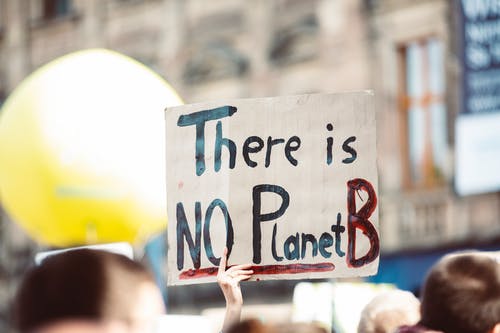Extreme heatwaves can have an impact on mental health
New research shows that not only does climate change take a serious toll the environment, but it can also impact a person’s mental health. Scientists surmise that abrupt changes to climate, with the devastation this can cause wildlife, can have poor mental outcomes including making people nervous and negatively change their overall mental well-being over time. The new study specifically analyzes the impact of the record-breaking heatwaves that hit British Columbia in 2020, and it was published in the Journal of Climate Change and Health.
Between June 25 and July 1, 2021, “British Columbia experienced a heat dome, a high-pressure weather system that traps heat, with record-high temperatures reaching up to 49.6°C in the province,” according to the study. The heatwaves also impacted affected Northern California, Idaho, Western Nevada, Oregon, and Washington in the United States. At the time of the event, an international team of environmental scientists revealed that the intensity of the B.C. dome was made 150 times more likely and was impossible without human-caused climate change.” In other words, it was caused by human impact on the environment the changes this has caused.

Researchers found that those who live in the westernmost province “were more anxious about climate change after the heat wave than they were before it.”
“Climate anxiety has increasingly been on the radar of therapists, who had patients reporting about the environmental concerns,” said Dr. Kiffer Card, co-author of the study and a social epidemiologist at Simon Fraser University, told CTVNews.ca. He added that climate anxiety can “disrupt someone’s mental health by interfering with their everyday life.”
“A lot of the attitude around climate change and poor mental health is that we’ll wait until those effects are happening. But I think studies like these tell us as those things are happening now and we are seeing real effects on real people’s lives today and therefore, the time to do the research was yesterday,” said Card.
Previous studies have shown that colder weather can also cause poor mental health, contributing to anxiety and depression. Seasonal affective disorder (commonly known as SAD), is a type of depressive that can lift as soon as things start to thaw out. The technical name for SAD is Major Depressive Disorder with Seasonal Pattern. People with SAD experience mood changes and symptoms similar to Major Depressive Disorder. However, unlike SAD, that typically comes as a result of natural environmental changes and lifts when these natural changes occur, the anxiety induced by climate change is tied to the unpredictable of manmade events that have, sometimes permanently, altered the air and water. There is an element of uncertainty tied to the duration of the impact.
Research published in the journal PLOS Climate specifies that more than half of the world’s ocean surface has exceeded extreme heat thresholds on a consistent basis since 2014. The study’s authors say “these heat extremes are driven by climate change and may have devastating impacts on critical marine ecosystems like coral reefs, seagrass meadows and kelp forests.”
Sources:
Climate change contributes to poorer mental health: study
Net Zero: People increasingly anxious about climate change: study


Join the conversation!